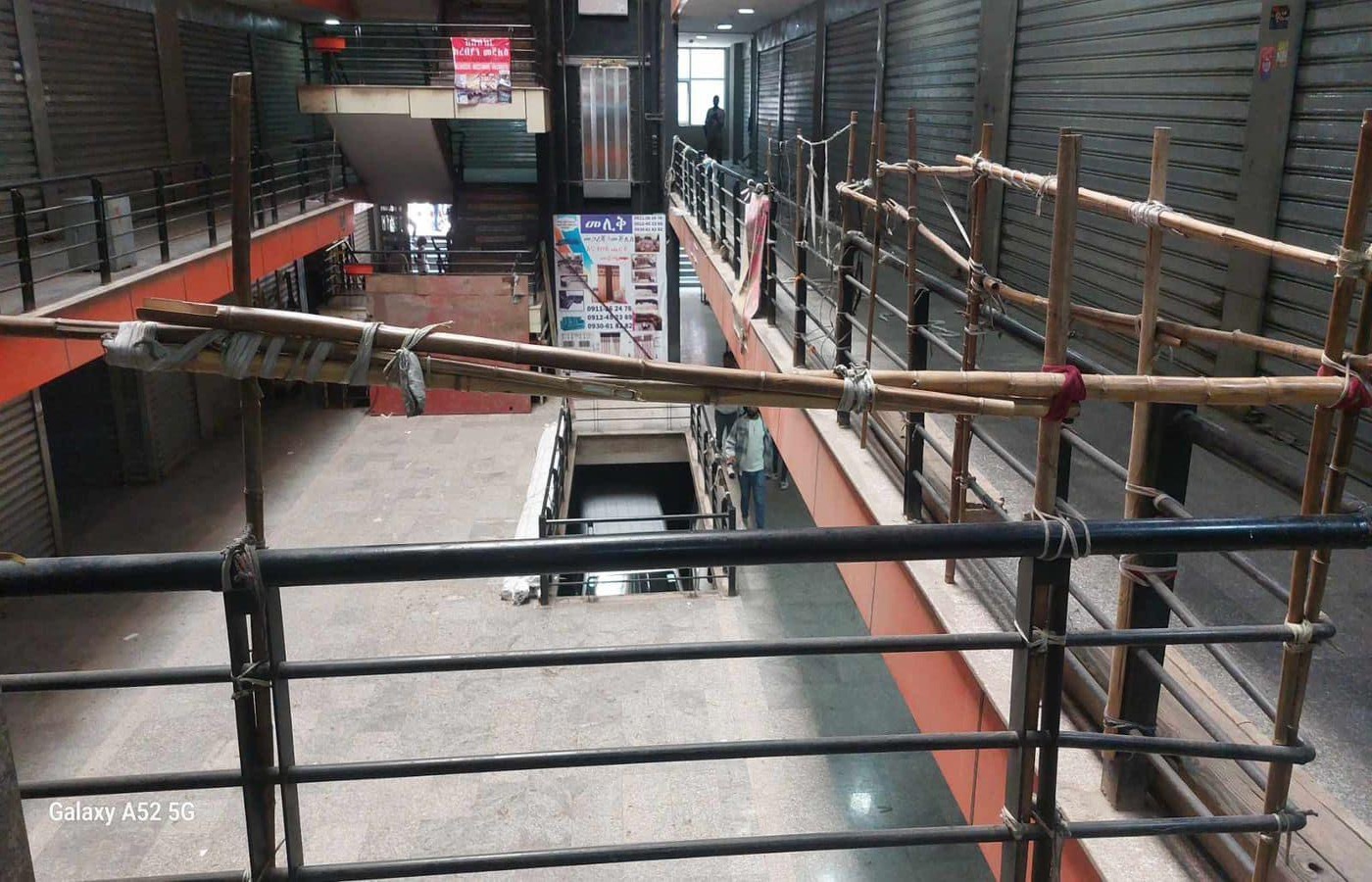Property owners in Addis Ababa traditionally relied on modest rental incomes from small units as their sole livelihood. Annual property taxes previously represented a manageable portion. However, abrupt changes this year resulted in tax bills three times higher with no warning. Owners had budgeted based on prior tax levels assuming no changes, not realizing bills could rise from half their monthly earnings. The sudden hike endangers their financial stability. Small traders also struggle with unexpectedly doubled or tripled obligations imposed without transparency or means to contest abruptly inflated sums. For more on the impact, see recent reports by BirrMetrics Staff Writer Mihret Alem.
Girma Teklu, 72, lives in Addis Ababa where he owns a modest 70 square meter two-bedroom condominium. He rents out the property and the 20,000 birr monthly income is his sole livelihood. Girma explains he already spends half the rent on his own rented home, leaving just 10,000 birr per month for other expenses like food.
Until last year, Girma’s annual property tax was a manageable 8,000 birr. But when he visited the tax office this year for payment, the shock was severe. “They told me I now owe 24,000 birr,” he recounts in dismay.
The threefold tax increase leaves Girma in a desperate situation. “It’s too much, I only saved 8,000 birr throughout the year thinking that’s what I’d need to pay. Now I don’t have anywhere close to 24,000,” he says. Between his own rent and living costs consuming half his income each month, Girma relies entirely on the modest rental profits to survive. The sudden tax hike threatens to plunge his livelihood into crisis.
While Girma understands development requires tax revenue, the scale of change has shattered his financial planning. “Some adjustment may have been needed, but not this much all at once. It leaves me in real difficulty,” he explains.
Stories like Girma’s underscore how the lack of notice has not only sparked public outrage but risks push some to the brink of poverty through no fault of their own.
In Addis Ababa, many residents who rely on property rental income for their livelihood are facing severe financial hardship due to abrupt tax law changes.
Previously, the city administration based property tax assessments loosely on actual rental rates charged. But this year, officials implemented a revised methodology using estimated market rates as the primary determinant instead.
The changes were intended to boost tax collection to help fund the city's sizable 231 billion birr budget for 2024/25. However, the lack of transition period has disrupted the finances of vulnerable residents without warning.
When long-time property owners went to pay taxes this year under the new rules, they received bills representing threefold or more increases compared to previous years. For those living on modest fixed incomes from rental proceeds, such inflated sums are impossible to pay.
Wubet Girma owns a modest 52.4 square meter one-bedroom condominium unit located in Addis Ababa's Signal area near Megenagna. She rents out the property and lives in a separate rented home in the outskirts, depending on the rental income for her livelihood.
Under the previous tax regime, Wubet estimates her annual property tax would have been around 4,000 birr based on her actual rental earnings. However, when visiting the tax office this year, she received a huge shock.
Officials informed Wubet that she must pay 21,000 birr in taxes for 2023/24. Additionally, she was charged an unexpected 4,000 birr fee described as a "wall and roof tax." Together, her new obligations amounted to “an unbelievable” 25,000 birr bill for the year.
"It makes no reason to pay all these taxes," Wubet says in frustration. The sudden tax increase has left her deeply frustrated, as the higher amounts bear no relation to her property's size or actual rental income that she relies on. She feels the new charges were arbitrarily imposed without independent reviews of her situation.
Traders across Addis Ababa are also struggling under the recent revisions to property tax laws. Tofik, who owns a small retail shop in the busy Bambis Market, has seen his tax obligations rise sharply.
Until last year, Tofik paid annual tax of 13,000 birr. However, the recent tax assessment brought unwelcome news. Officials informed Tofik that his annual tax was now estimated at a steep 13,000 birr – nearly twice his previous yearly payment.
"It's impossible to survive paying this much every year," Tofik says in exasperation. Like other traders in the capital, steadily increasing costs will be difficult to absorb without notice of such dramatic tax hikes.
Tofik's concerns are echoed among small business owners across Addis Ababa who feel at the mercy of tax officials' estimates. One Mercato trader described tax officers abruptly imposing a massive 2.3 million birr tax bill on his shop, only to demand a 1.5 million birr bribe to lower the assessment.
These experiences reflect a wider problem traders face as city administrations scramble to plug budget deficits. With tax authorities wielding unchecked assessment powers and incentives to generate revenue, predatory practices targeting businesses have reportedly become common nationwide.
Unless transparent valuation processes and taxpayer rights are established, experts warn traders will continue shouldering the burden of unstable economic policies. The short-term gains may not offset longer-term damage to business confidence and job stability in Ethiopia's cities.





